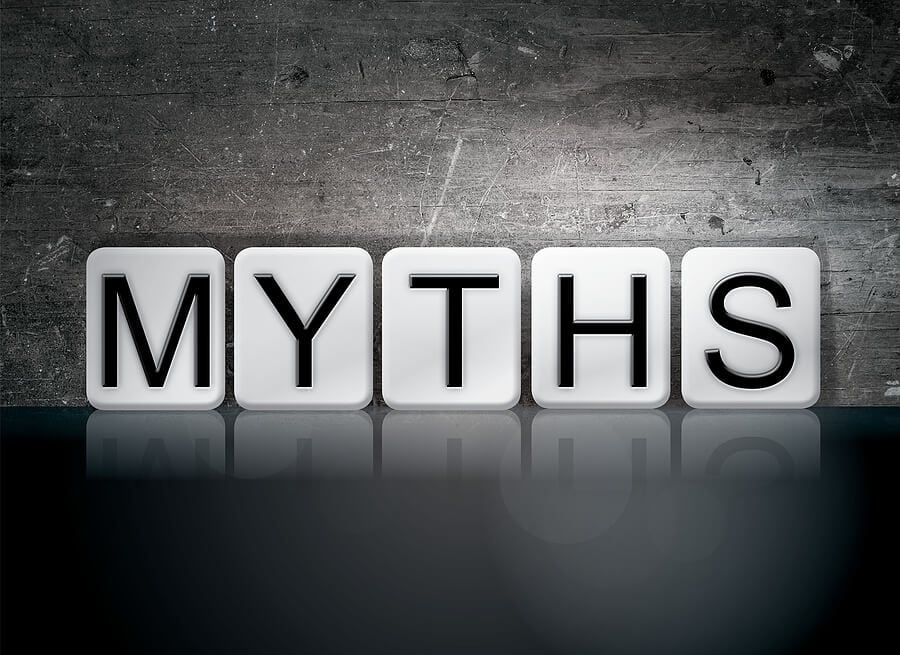- Are Cochlear Implants Worth It? - June 6, 2025
- Tips for Using Hearing Aids in Different Environments - May 27, 2025
- Rechargeable Hearing Aids vs. Battery-operated Hearing Aids - May 16, 2025
Hearing loss is a common health concern all over the world. Despite its prevalence, hearing loss is often surrounded by misinformation that can perpetuate misunderstandings and contribute to stigmatization. Let’s debunk common myths about hearing loss and review accurate information about hearing health. By dispelling these misconceptions, we can improve our understanding of hearing needs and support those living with hearing loss.
Myth 1: Only Seniors Experience Hearing Loss
While it is true that age-related hearing loss, known as presbycusis, is common among older adults, hearing loss can affect individuals of all ages. In fact, it is estimated that around 466 million people worldwide experience some form of hearing loss, and half of them are under the age of 65. Noise-induced hearing loss, genetic factors, certain medical conditions, and exposure to ototoxic medications can all contribute to hearing loss, regardless of age.
Myth 2: Hearing Loss Does Not Require Treatment
Hearing loss should never be disregarded or considered a minor inconvenience. Untreated hearing loss can have significant consequences for your quality of life. It can lead to social isolation, communication difficulties, and an increased likelihood of depression and cognitive decline. Hearing loss can even impact personal relationships and job performance. Seeking timely assessment and appropriate treatment, such as hearing aids or cochlear implants, can significantly improve hearing and mitigate the potential negative effects of hearing loss.
Myth 3: Hearing Aids Will Restore Hearing
While hearing aids are highly beneficial for many individuals with hearing loss, they do not restore hearing to its original state. Hearing aids amplify sounds and improve communication, but they cannot completely reverse the effects of hearing loss. Setting realistic expectations and working closely with a hearing healthcare professional can help you optimize your hearing aids for the best hearing outcomes.
Myth 4: Hearing Loss Can’t Be Prevented
While some types of hearing loss, such as age-related or genetic hearing loss, may not be prevented, there are various forms of hearing loss that can be prevented or minimized. Noise-induced hearing loss, for example, is largely preventable by practicing safe listening habits, using hearing protection in noisy environments, and limiting exposure to excessively loud sounds. Taking proactive measures, such as protecting your ears and avoiding ototoxic medications whenever possible, can help preserve your hearing health.
Myth 5: Only People with Severe Hearing Loss Need Assistive Devices
Assistive listening devices, such as personal amplifiers, FM systems, and loop systems, can benefit individuals with any degree of hearing loss. These devices help improve speech understanding, reduce the impact of background noise, and facilitate communication in various situations. They can be particularly useful in challenging listening environments, including busy restaurants, lecture halls, or during group conversations.
Myth 6: Hearing Loss Affects Only the Ears
Hearing loss goes beyond the ears. It can have wide-ranging effects on an individual’s overall well-being. Studies have shown that untreated hearing loss is associated with an increased risk of cognitive decline, dementia, depression, and reduced overall quality of life. Addressing hearing loss through appropriate interventions not only improves communication but also helps maintain cognitive function and emotional well-being.
Myth 7: Loud Music Will Not Cause Permanent Hearing Damage
Exposure to loud music or loud sounds can lead to permanent hearing damage. Prolonged exposure to sounds above 85 decibels (dB) can cause noise-induced hearing loss. Concerts, loud headphones, machinery, and recreational activities like shooting or riding motorcycles can all generate sounds that exceed safe levels. Protecting your hearing by wearing earplugs or using noise-canceling headphones can significantly reduce the risk of hearing loss caused by loud noise.
Myth 8: Hearing Loss Cannot Be Detected Early
Hearing loss often develops gradually, and individuals may not notice the early signs. Regular hearing screenings are essential for detecting and monitoring hearing loss early. Hearing healthcare professionals can perform comprehensive evaluations to identify hearing loss at its earliest stages and provide appropriate interventions and recommendations.
Visit Us For Your Next Hearing Test
By debunking common myths about hearing loss, we can improve our understanding of this prevalent condition. Remember, hearing loss can affect anyone, regardless of age, and it should never be ignored or considered a minor inconvenience. Visit us for your next hearing test and find out more about your hearing needs.

